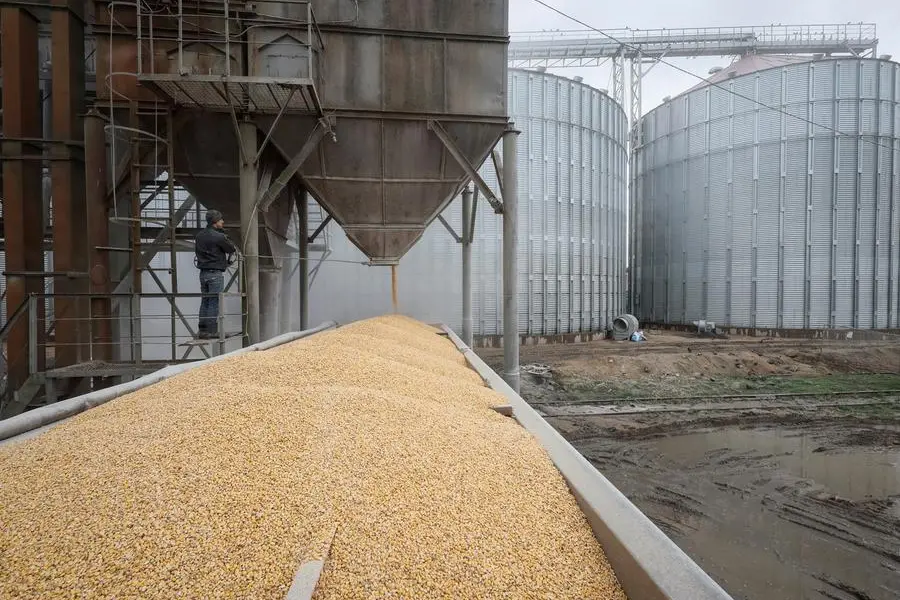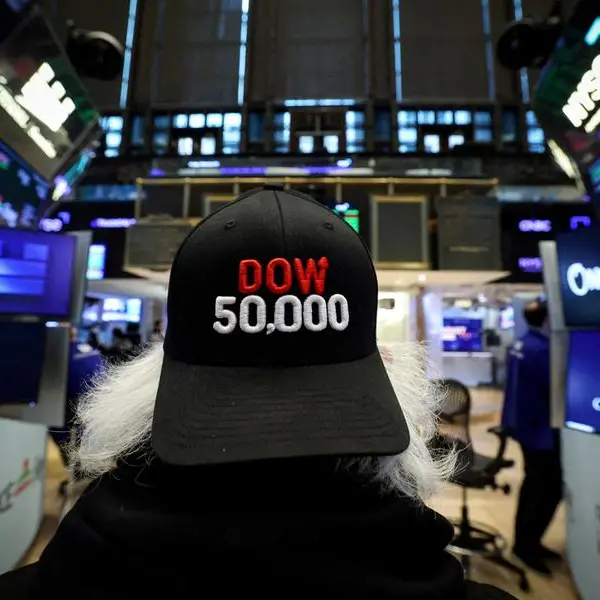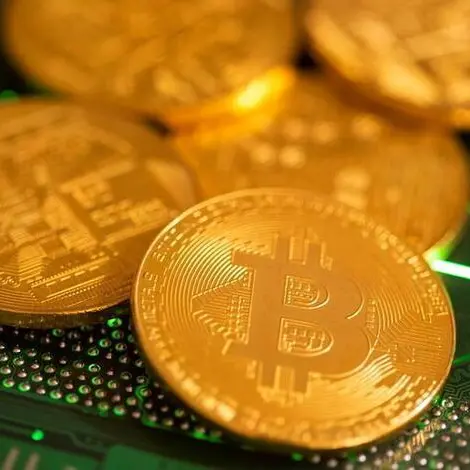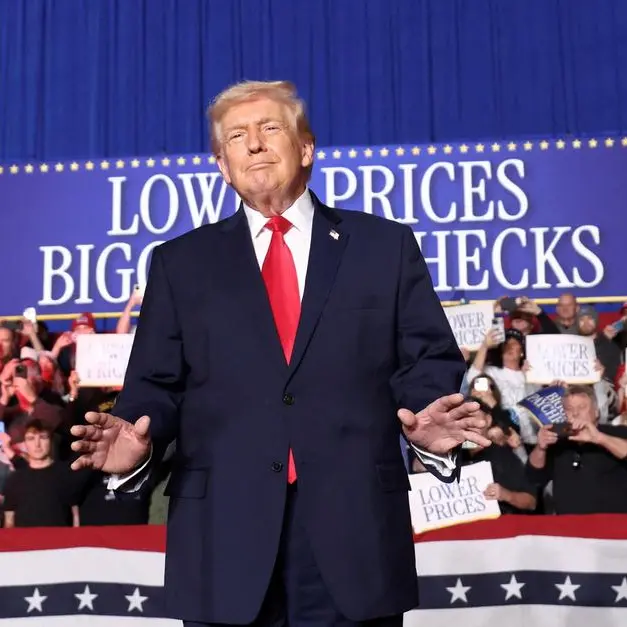PHOTO
PARIS/KYIV - Ukraine has rapidly expanded exports of corn seed to the EU in the past two years in rare good news for its war-hit agricultural sector but adding to European farmers' grievances about what they say is unfair competition from Kyiv.
It is ramping up shipments under free trade terms granted by the European Union following Russia's invasion, partly reversing the bloc's longstanding seed exports to Ukraine.
That has injected some income into its farm industry which is struggling with losses from destruction of land and infrastructure in the war with Russia.
Ukraine's total seed exports, mostly for corn (maize), reached $121 million last year against a pre-war level of just $22 million in 2021, according to the Seed Association of Ukraine, an industry group. Its share of the EU corn seed market has gone from zero to around 10% share since 2021, French corn growers' group AGPM estimates.
Although seeds represented a fraction of an estimated $23 billion in Ukrainian agricultural exports last year where grain dominated the volume, they offer bigger profits for farmers than bulk crops like corn and wheat. Ukrainian farm exports were about $27.7 billion in 2021.
"It was exports that allowed seed producers to last in 2022-23," said Siuzana Grygorenko, head of the Seed Association of Ukraine, referring to shipments to the EU.
Growing seed is more demanding than standard crops but the profit margin is nearly twice that from corn production, according to Ukraine's agriculture ministry.
The ministry's data shows that a metric ton of corn seed can be sold at $3,900 compared with $200 for one ton of corn, more than offsetting higher costs of production estimated at $1,800 per hectare for seed versus $900 for grain.
The EU, which gave regulatory approval for Ukrainian corn seed imports a year before Russia's invasion, is a big supporter of Kyiv in the conflict. However, agricultural imports have been a bone of contention for farmers in the bloc who struggle to compete with the lower-cost Ukrainian products.
The EU this year introduced import curbs on some agricultural products from Ukraine including sugar, eggs and corn grain following protests from farmers. The EU continues to monitor agri-food exports from Ukraine, an EU spokesperson said.
FRANCE'S SEED EXPORTS TO UKRAINE TUMBLE
European corn growers association CEPM is seeking measures to limit corn seed imports "which are extremely destabilising for our market", Arthur Boy, its economic affairs advisor, said.
The trade shift has been stark in France, the EU's biggest seed exporter. Its seed trade surplus with Ukraine shrank from a record 100 million euros ($108 million) in 2020/21 to 41 million euros in 2022/23, according to seed sector body Semae.
Ukrainian authorities and industry say their aim is to cover more of their domestic demand rather than exporting per se.
The country is still mostly reliant on imports to grow oilseeds, with imports in January-September worth $346.5 million, customs data shows.
"We have a huge potential for import substitution," Agriculture Minister Vitaliy Koval told Reuters.
Companies like U.S. group Corteva, France's Maisadour and Germany's Bayer established farm networks and seed processing facilities in Ukraine long before the war.
The conflict slashed domestic seed demand, with Ukraine's area planted for corn dropping by a quarter, while cutting off the Russian market which some firms had supplied from Ukraine.
Among international companies, Bayer and German peer KWS have invested tens of millions of euros to expand their respective processing facilities in Ukraine.
Farm operator HarvEast increased its area devoted to seed production by 20% this year and plans at least the same size of increase again next year, CEO Dmitry Skornyakov said.
Ukraine's farms benefit both from lower labour costs and larger acreage compared with the EU. Farm size makes it more worthwhile to invest in the specialist machinery needed, Skornyakov said.
($1 = 0.9259 euros)
(Reporting by Gus Trompiz in Paris and Pavel Polityuk in Kyiv; additional reporting by Anna Wlodarczak-Semczuk in Warsaw, John Revill in Zurich and Nigel Hunt in London; Editing by Emelia Sithole-Matarise)





















